
Subscribe to the Theology in the Raw Podcast
Preston takes a fresh look at what the Bible really says, as he challenges opinions and traditions--yes, even his own. Homosexuality, sex, porn, drinking, immigration, racial tensions, violence, ISIS, Trump, guns, patriotism, you name it. If it's of interest, you can expect Preston to address it.
Think of it as theology for the rest of us.
If you have any questions you'd like him to address on the show, email them to chris@prestonsprinkle.com. Hate mail and tirades will be discarded or mocked.
Don't see an episode? Check here - prestonsprinkle.com/theology-in-the-raw
Older episodes can be found here - https://archive.org/details/WhatDoesTheBibleReallySayAbout
In the episode, we talk about many things related to New Testament theology including the meaning of the term “gospel,” understanding Paul’s letters in their historical and biblical context, the importance of resurrection (over the significance of “going to heaven when you die”), the meaning of “hell,” and other personal things about his spiritual and theological journey. We also talk about the polarization in American Christianity and other contemporary issues.
Complementarians believe that the Bible affirms the full equality of women and men, but that God only allows men to be elders and teachers in local churches. Dr. Tom Schreiner is one of the most well known and widely published (and respected) scholars who holds to this view. In this episode, Tom sums up his position and then responds to several counterarguments I throw at him.
Dr. Vincent Bacote is an Associate Professor of Theology and the Director of the Center for Applied Christian Ethics at Wheaton College in Wheaton, IL. He is the author of the The Political Disciple: A Theology of Public Life (2015), The Spirit in Public Theology: Appropriating the Legacy of Abraham Kuyper (2005), and has contributed to books including On Kuyper (2013), Aliens in the Promised Land (2013), Keep Your Head Up (2012) and Prophetic Evangelicals (2012).
Dr. Gregory Coles is senior research fellow at The Center for Faith, Sexuality & Gender, and is the author of Single, Gay, Christian: A Personal Journey of Faith and Sexual Identity (IVP, 2017) and No Longer Strangers: Finding Belonging in a World of Alienation (IVP, 2021).
Mark Charles gives a different perspective about the “discovery” of America and some of the profound problems when Christians go to be with the Empire.
Mark’s daughter came out as a lesbian over a decade ago and they’ve maintained a wonderful, loving relationship through it all. Mark has gleaned a wealth of experiential knowledge about how to love, even in the midst of theological disagreement.
David and Myles recently wrote a book called A Field Guide to Christian Nonviolence and this is the topic of our conversation. We discuss a biblical case for nonviolence and some pushbacks including the conquest of Canaan. We also discuss the killer at the door, policing, nonviolent revolts, and pulling up violent systems by the roots.
I received a ton of questions from my Patreon supporters, many of which I answered through Patreon, but some of which I address out loud in this podcast.
In this lengthy podcast, we talk a lot about Fyodor Dostoevsky’s The Brothers Karamazov including its background, characters, plot, and its philosophical and theological themes, especially the problem of evil, free, suffering, and the nature of belief. This leads to many philosophical and cultural tangents which we don’t shy away from.
Preston talks with Hannah about what it’s like being a Christian in Hollywood. She takes us behind the scenes and discusses her raw and vulnerable perspective on God, life, acting, Hollywood, and how she understands the art of acting in light of the kingdom of God.
Jesus and John Wayne: How White Evangelicals Corrupted a Faith and Fractured a Nation, has swatted a hornets nest and sparked all kinds of interesting and much needed conversations. In this episode, I talk to Kristin about her book and the responses it has elicited.
David has recently published his first book, A War of Loves (Zondervan, 2018). It describes his own story from atheistic gay activism to becoming a follower of Jesus, in which he advocates for a positive moral vision of biblical sexuality and discipleship. His other interests include French, Latin, church history and patristics, writing, travel, cooking, reading books, and living in Christian community.
Sheila has written seven books including award-winning book The Good Girl’s Guide to Great Sex and the forthcoming The Great Sex Rescue, which she coauthored with her daughter, Rebecca Lindenbach. Both Sheila and Rebecca speak and write about a Christian view of sex, often correcting problems created by a purity culture approach to sex.
Aimee Byird is a speaker, author, blogger, wife, and mom. She’s the author of several books including Why Can’t We Be Friends, No Little Women, her most recent book Recovering from Biblical Manhood and Womanhood, and the forthcoming The Sexual Reformation.
Dr Sweet unpacks what semiotics is, how we can better read the Bible by paying attention to story and symbolism, why CEO-style church leadership does not resonate with what Jesus said about leadership, and why the table should be the center of our ecclesiological rhythms.
In this episode, I ask Peter a bunch of questions about the future of tech, self-driving cars, neurolink, SpaceX, the future of smartphones, space travel, and related stuff. Peter is super techy and loves to keep up on where things are headed and how we can think Christianly about these things.
Jeremy is the founding pastor of Commons Church in Calgary, BC--a rather unique church that prioritizes intellectual honesty and the centrality of Jesus above tight-knit doctrinal statements. I found Jeremy on Twitter and was fascinated by his ecclesiology, so I invited him to come talk about it on the show. We ended up talking quite a bit about belonging, sexual ethics, polyamory, LGBTQ inclusion, and how the philosophy/theology of Rene Girard informs and shapes much of the ecclesiological vision of Commons.
Russ has been very public about addressing the crisis of sexual abuse scandals in the church. In this episode, we talk about what leads to such scandals, why and how they are covered up, how the church needs to move forward in addressing such scandals (and abuse in general), and how we should think about the otherwise good content produced by Christian leaders (books, sermons, music) who later come out as abusers. We also talk about the polarized cultural moment we’re living in and what the future holds.
In this fourth and final episode in our “scandal of Christmas” series, New Testament scholar Dr. Joey Dodson walks us through parallel birth narratives in the Greco-Roman and Jewish environment of the New Testament. Reading the biblical birth narratives in these contexts helps us read the story in HD, or through a 3D lens, so that we can better understand the author’s intention in how he’s telling the story.
In this third part of our four part series, New Testament scholar Dr. Lynn Cohick walks us through the significance of women in the birth narratives. We talk a lot about Mary, Elizabeth, Jesus’s genealogy (which contains 5 women), how the appearance of women in the genealogy has been misunderstood, and we also discuss the woman at the well in John 4 and how she was not a sexually promiscuous woman.
We often think of Luke 1-2 and Matthew 1-2 when we think about the Christmas story. But what about Revelation 12? Is this angle a strange, fringe way of looking at the birth of Jesus, or is a primarily lens? In this episode, Dr. Bird and I look at this less-than-familar way of reading the Christmas story. It’s an angle where the bird of a peasant-King is a battle against the socio-political powers to be, powers that are demonically influenced and stand opposed to the upside down kingdom of God on earth.
I’ve invited 4 different New Testament scholars on the podcast to talk about the Christmas story. In this opening episode, I talk with world renown NT scholar Dr. Craig Keener about Luke 1-2, the politics and sociological scandal of Christ’s birth, his earthly vocation (as a tekton...woodworker? mason? None of the above?), the location of Christ’s birth, Matthew 1-2 (and the differences between Luke and Matthew), the problem of genealogies, and much, much more.
In this podcast conversation, Liz and Aaron share their story and talk about what it’s like being in a queer marriage--a term they prefer over “mixed orientation marriage,” since their orientations aren’t really mixed.
Dr. Tim Gombis is a no-holds-barred honest scholar, who’s not afraid to go to the hard places and challenge the status quo. And that’s exactly what we do in this episode. We discuss the undiscussables; say the quiet things out loud, and push over sacred cows as we seek to get to know Jesus all over again. This episode is a mix of exegetical exploration and cultural analysis (or critique).
Jay and I talk about the source of sexual brokenness--what causes people to watch porn or have an affiar. There are deeper, more complex, issues at work, and until those issues are addressed, we’ll only be putting out the the fires of behavior management. We also talk about the prevalence of sexual abuse--nearly ⅓ of people have been sexually abused and most have not healed from this trauma.
In the midst of polarized conversations about race, Dr. George Yancey is a breath of fresh air. He’s a huge proponent of active listening--being genuinely curious about another another person’s perspective and getting outside your echo chamber to consider other points of view.
What does it mean to adore Jesus in a world that sees our adoration as scandalous? Taking our cues from a few of the Bible’s most notorious worshippers, we’ll celebrate together the stabilizing power of worship — a power no one can take from us.
Strap on your seatbelts, folks. We’re going for a wild ride through Josh Proctor’s beautifully complex and honest journey. He’s been through more ex-gay therapy sessionss than anyone I’ve ever met. He then fell into sex work. He then fell into Jesus’ arms and maintained an affirming theology. And then he changed this theological view to one that holds to a traditional sexual ethic. Josh is a beautiful human being with a fascinating story!



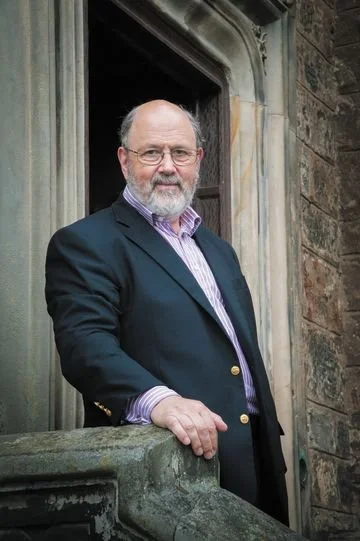
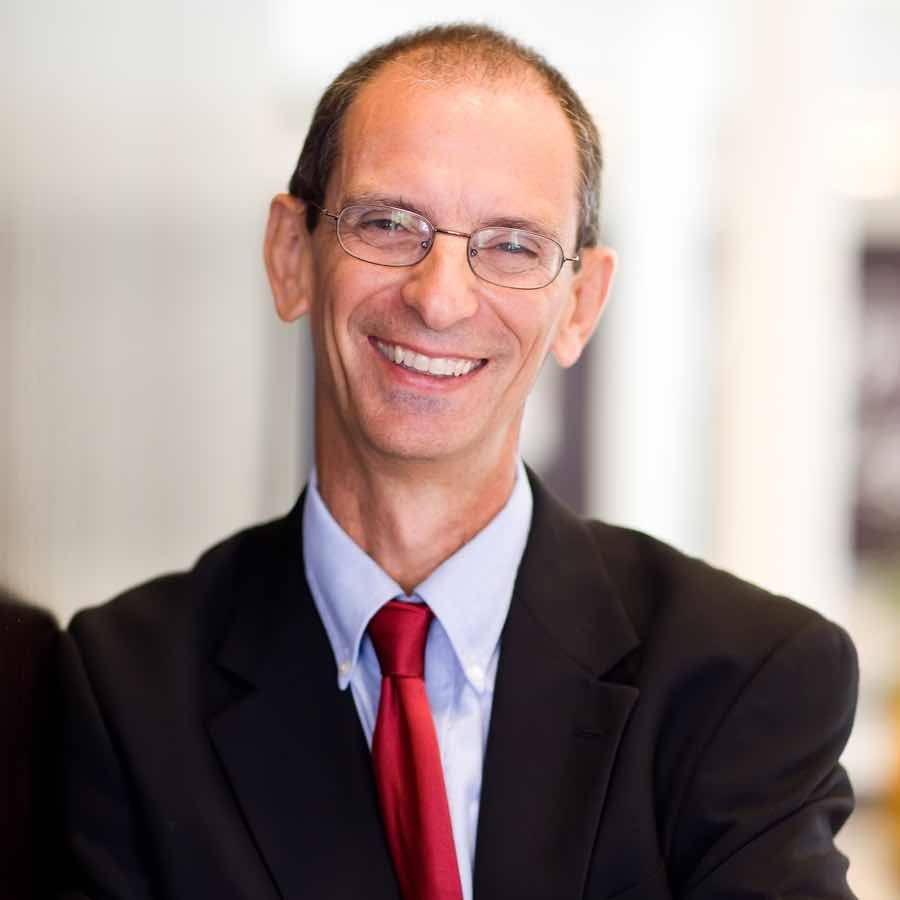
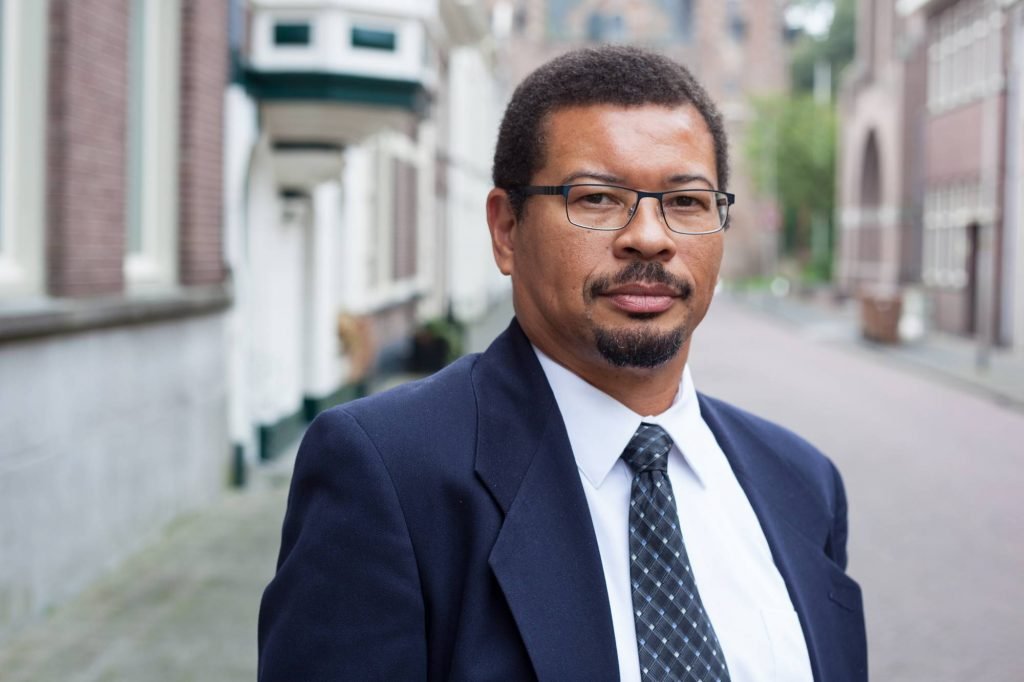

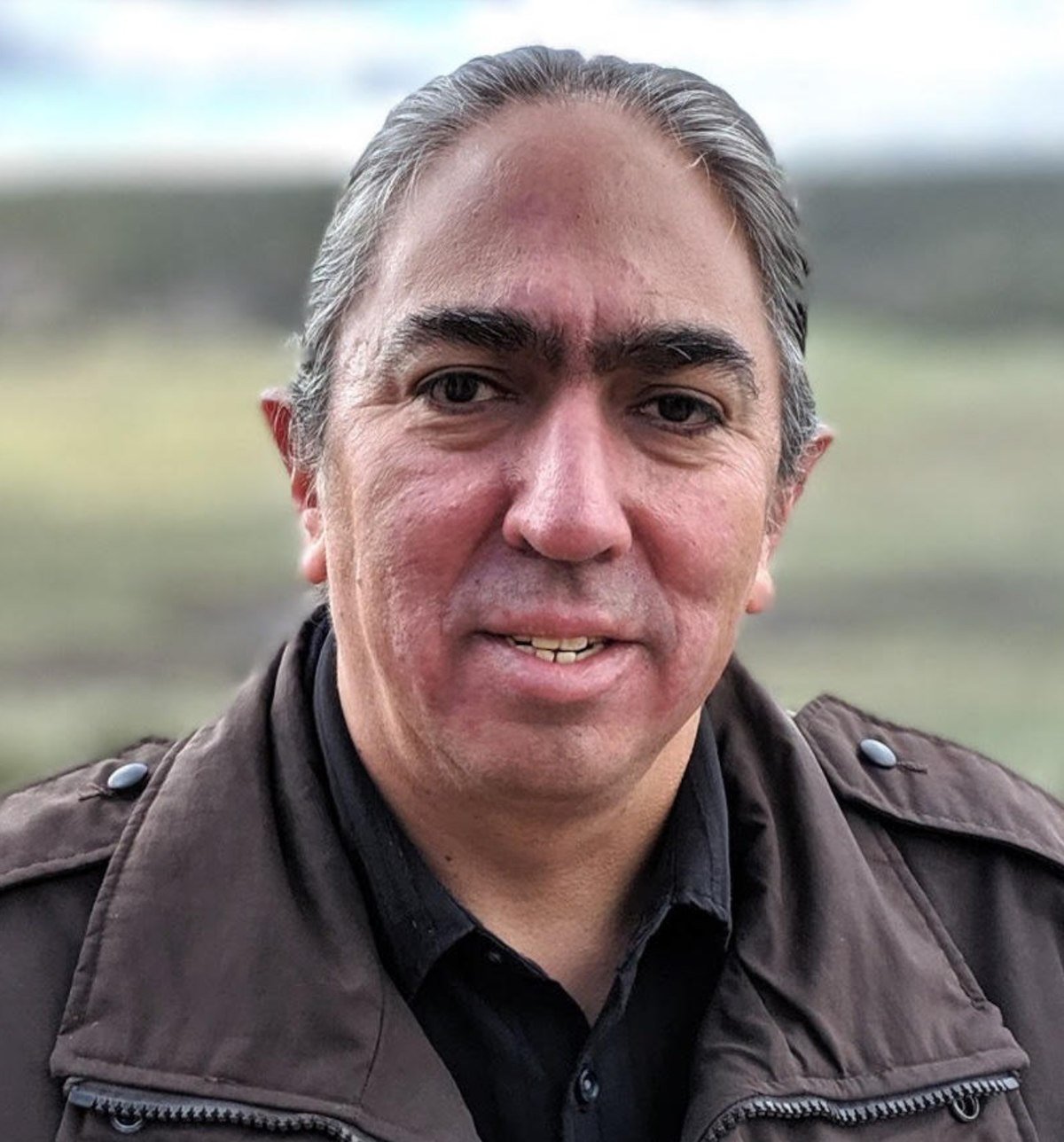



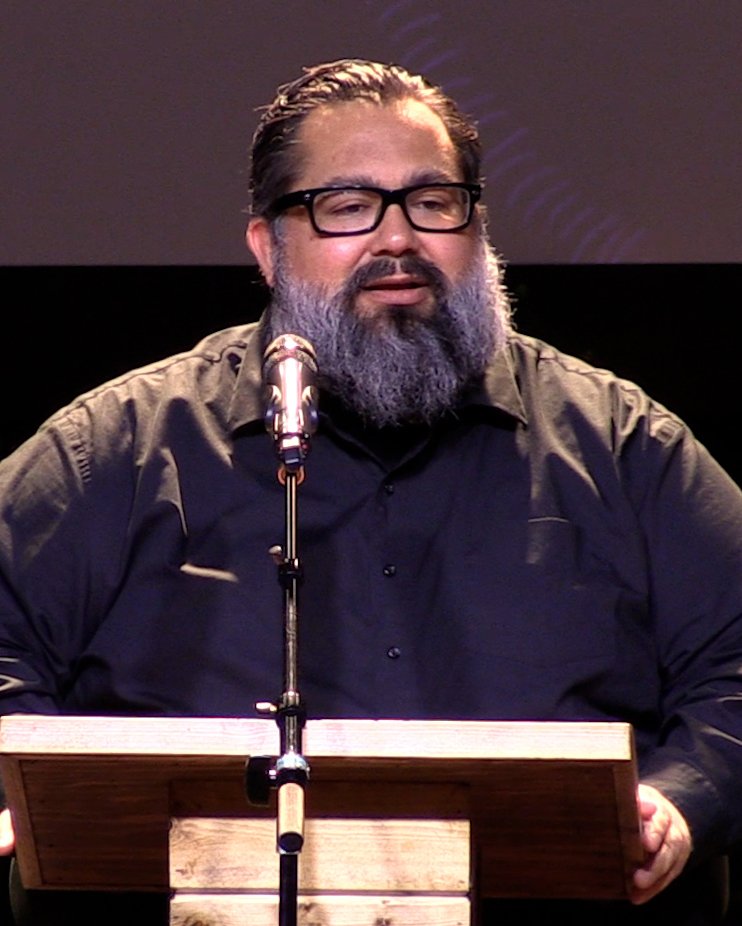


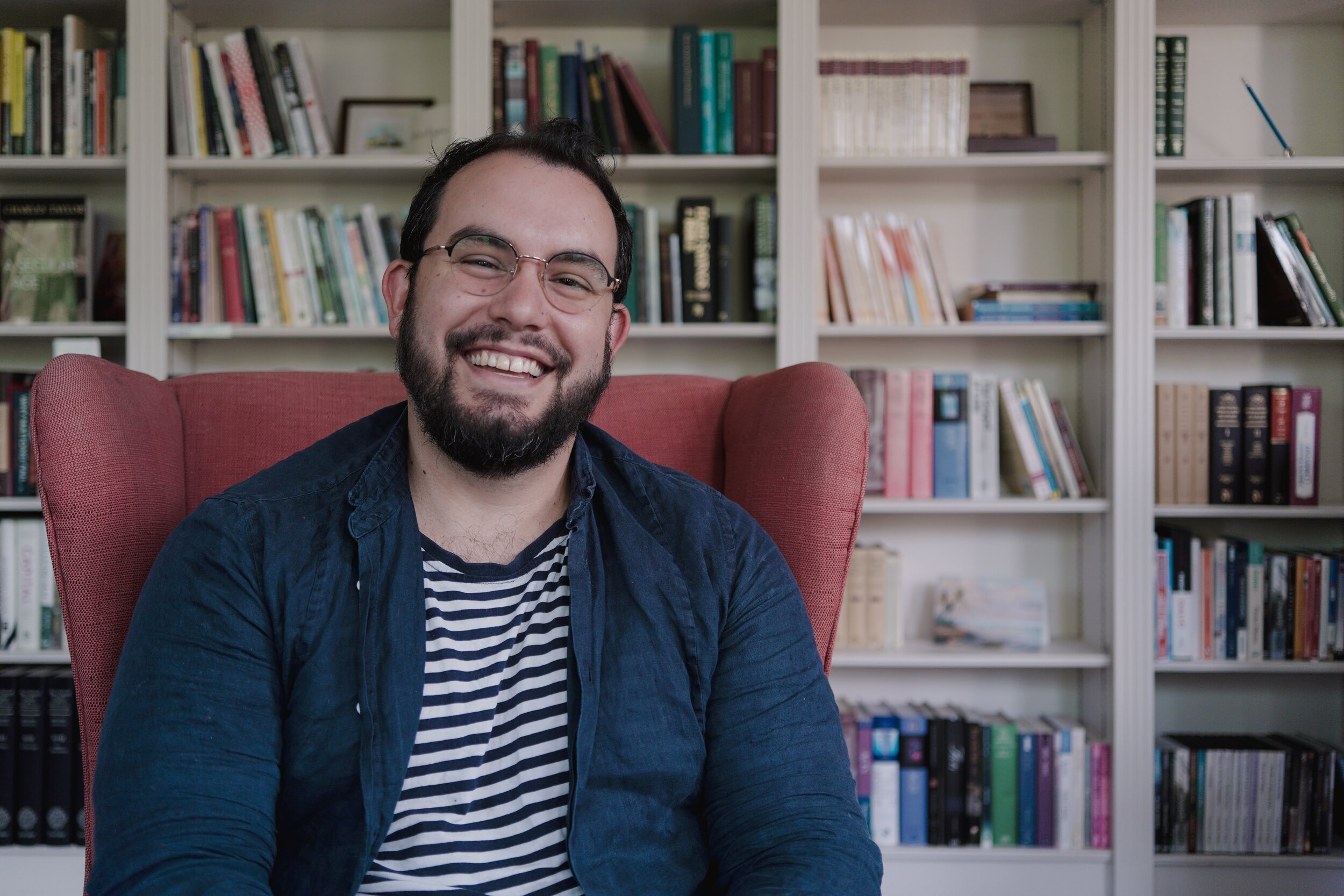

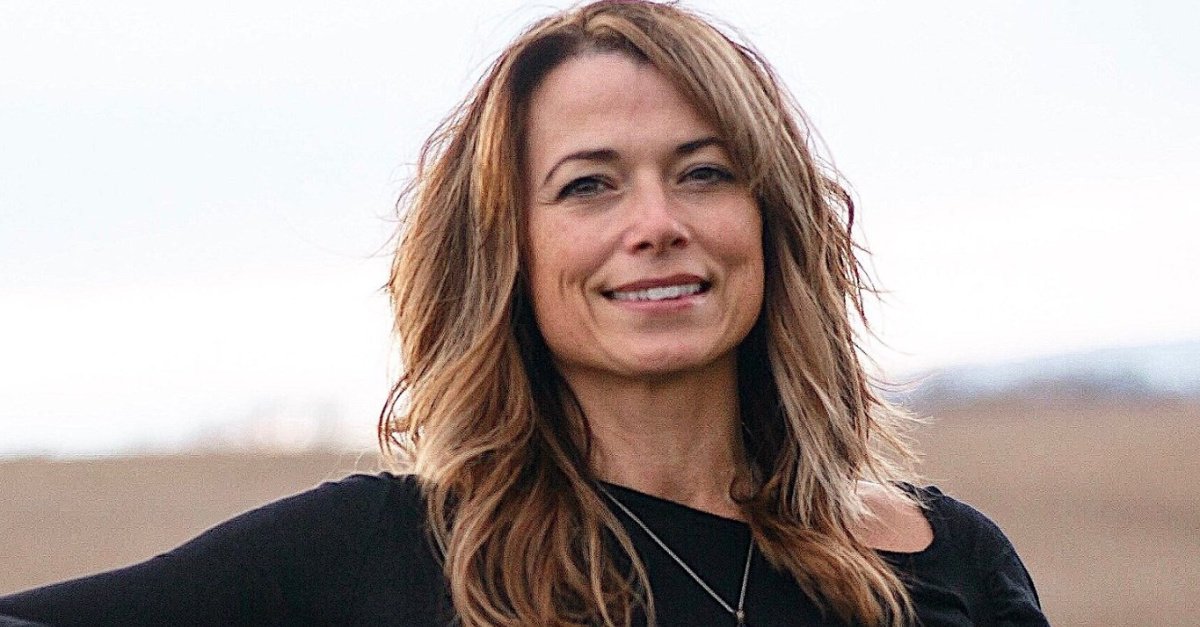
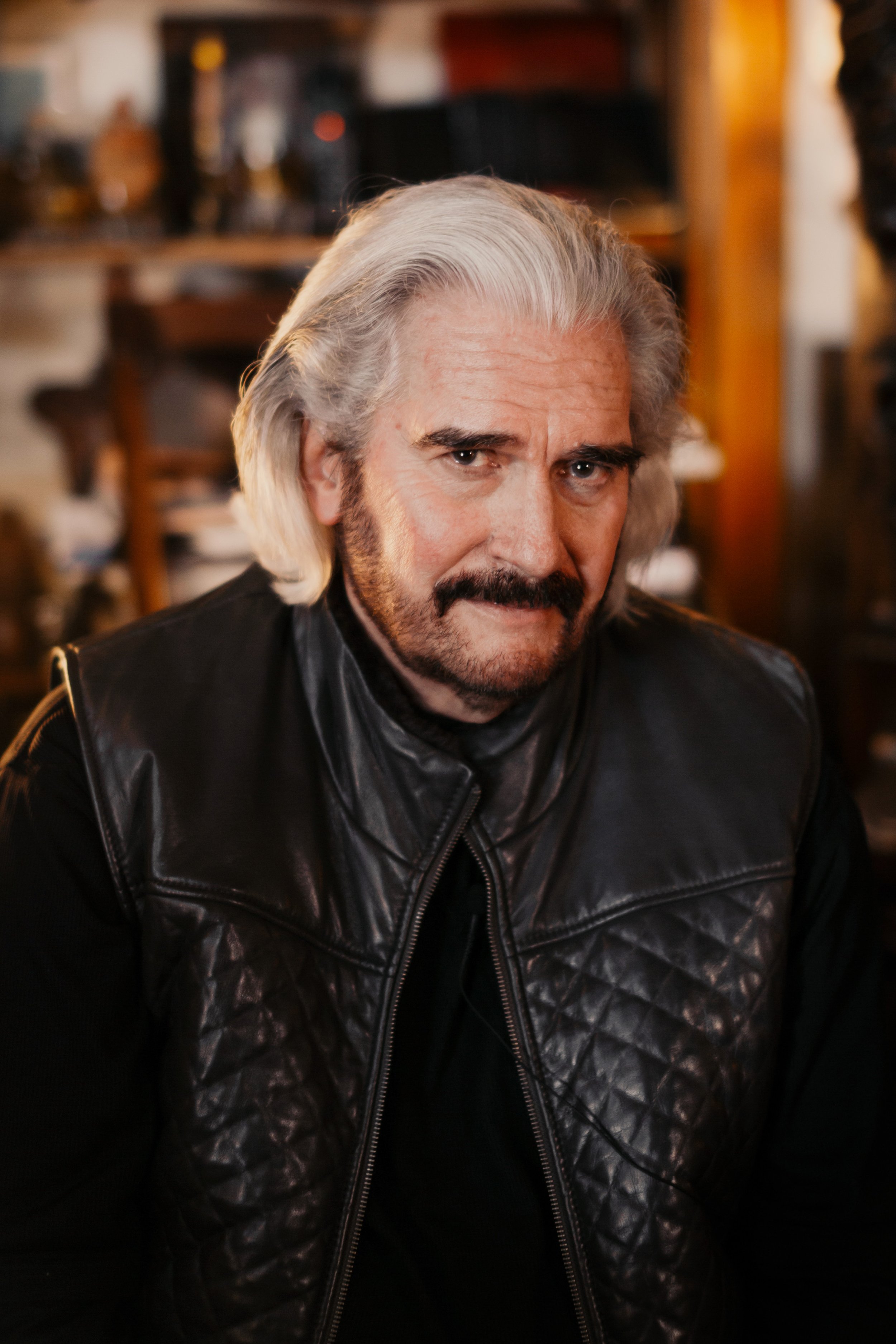
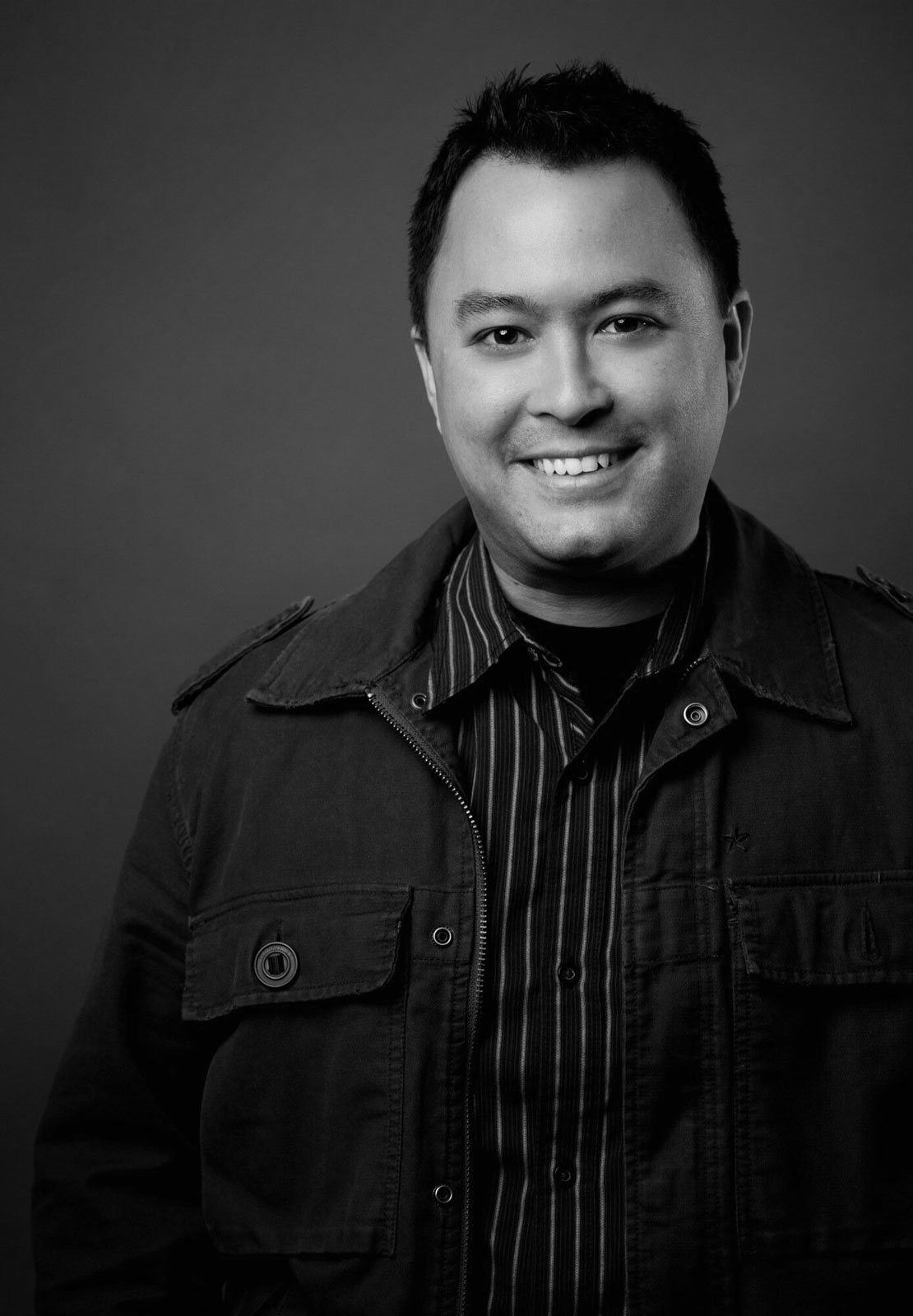

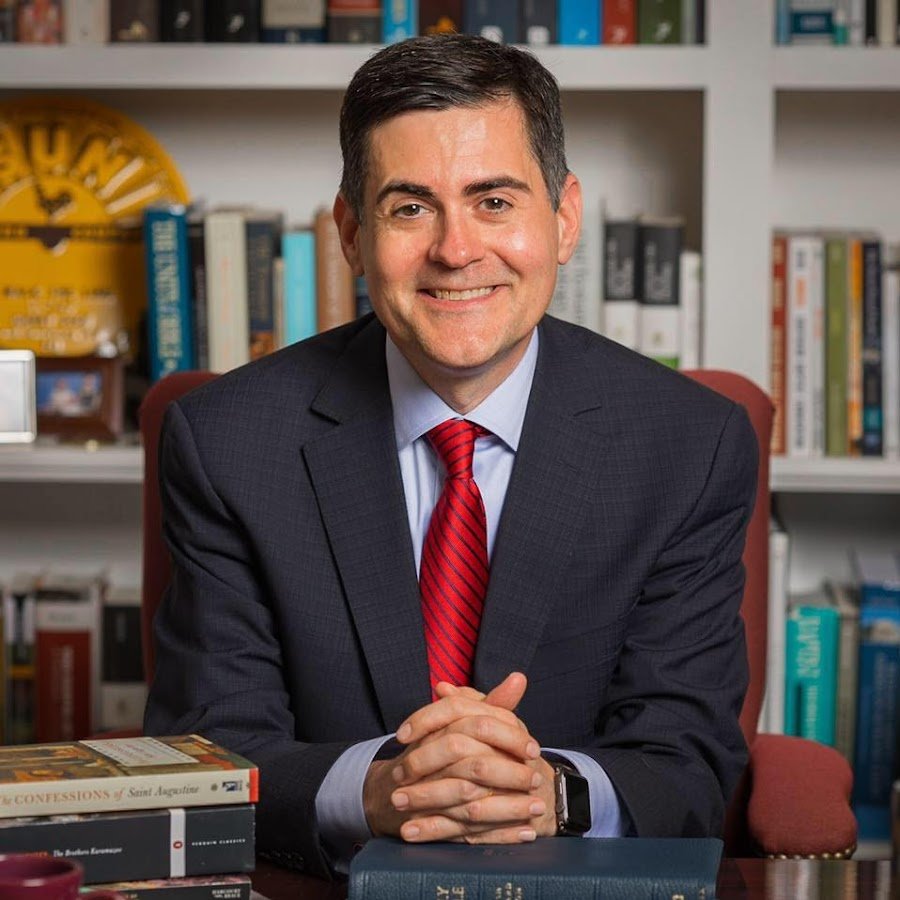
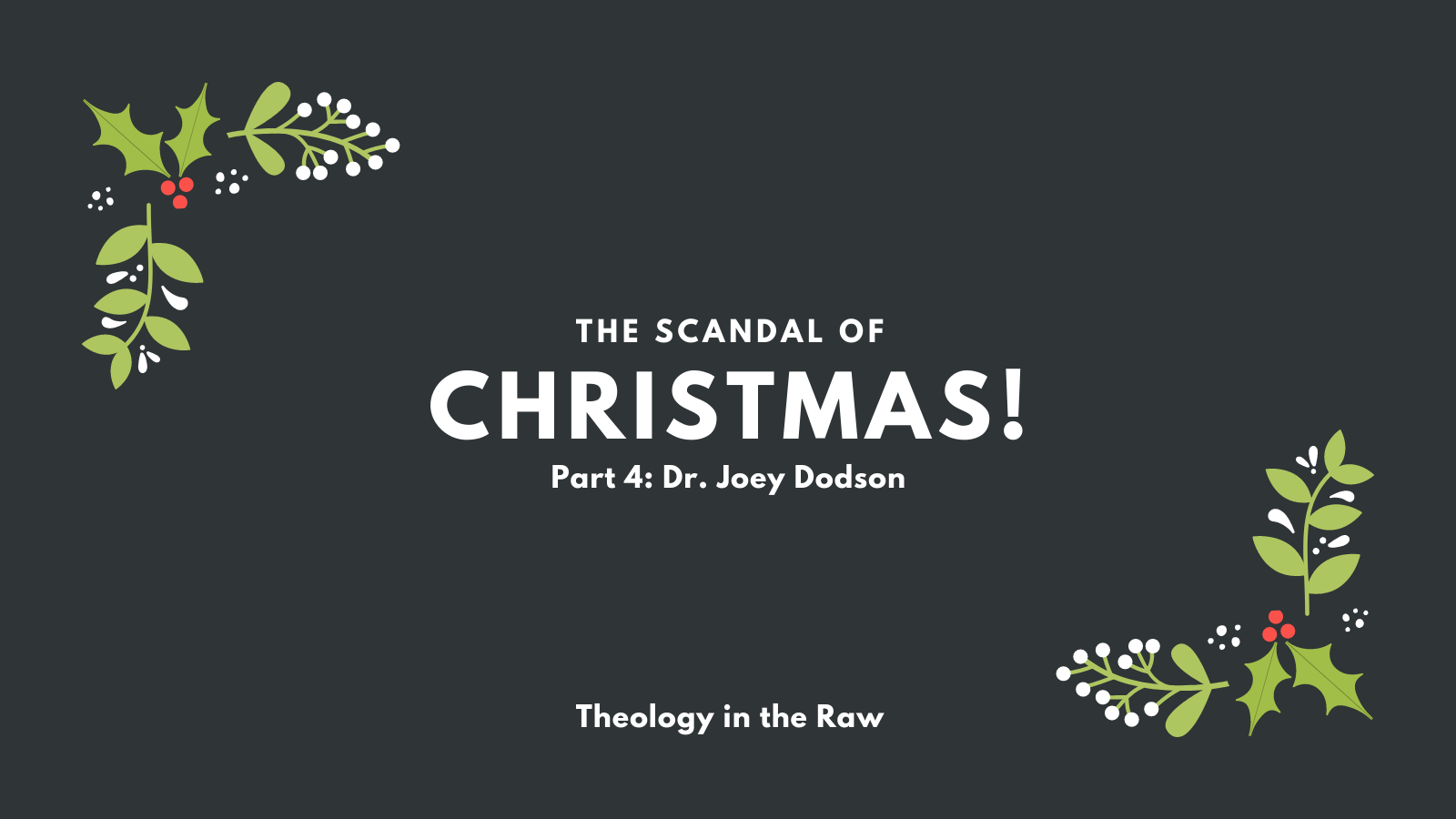
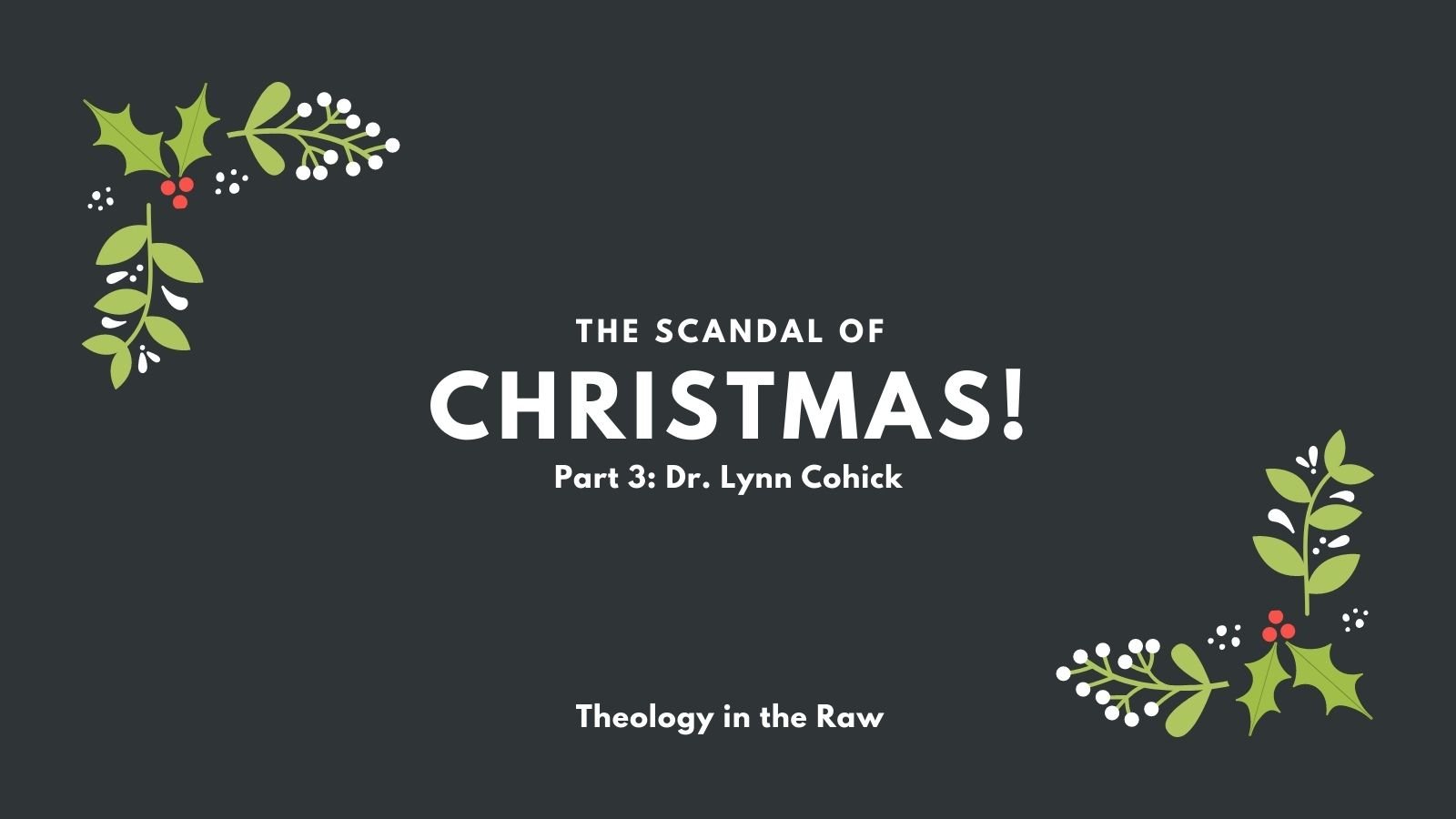

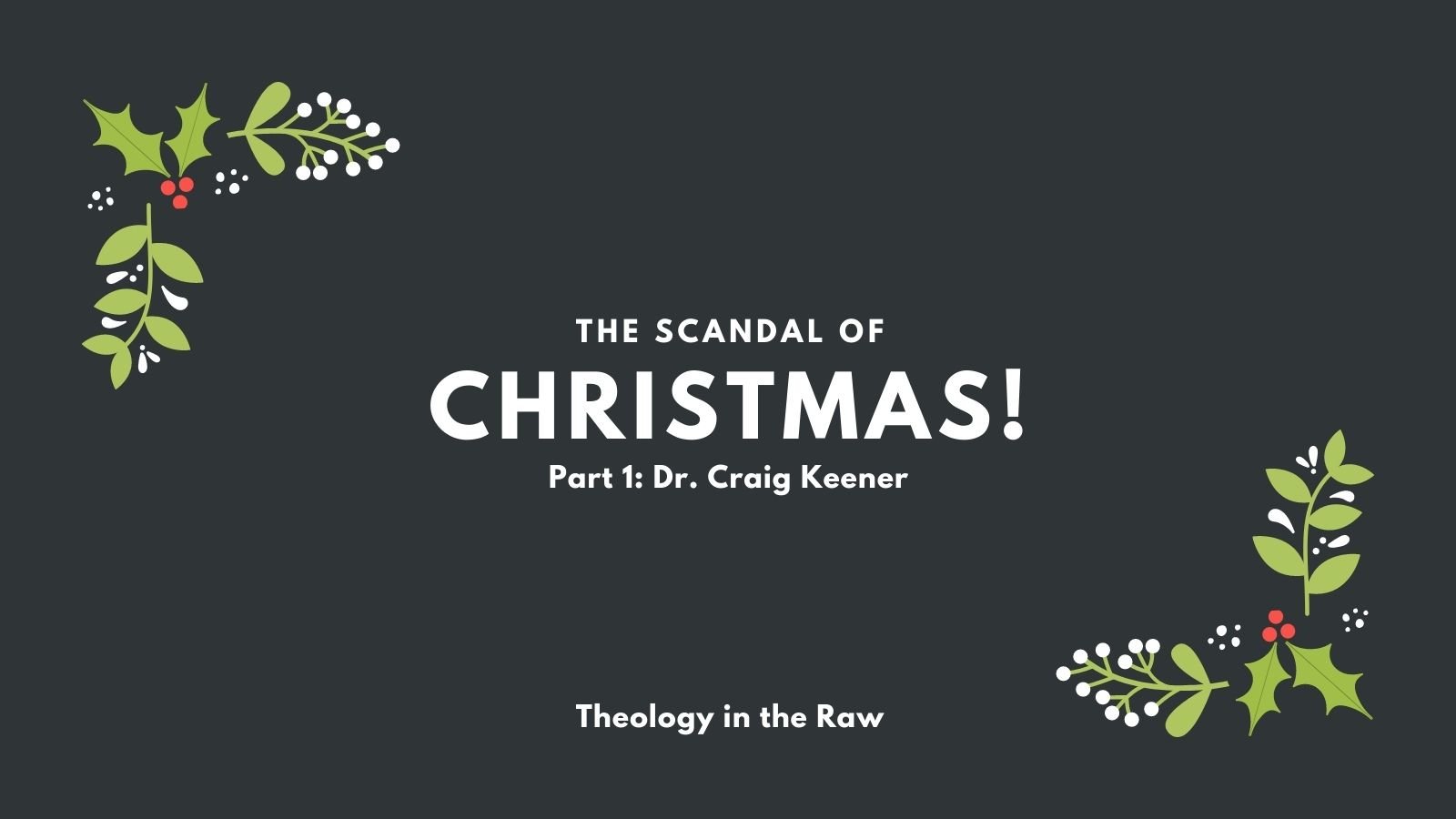






In this episode, I talk to Karen about all things related to immigration. What does the Bible say? How theologically/ethically important is it? How should the biblical story on immigration shape our current Christian imagination when it comes to current political issues about immigration? How should Christians respond to undocumented immigrants?